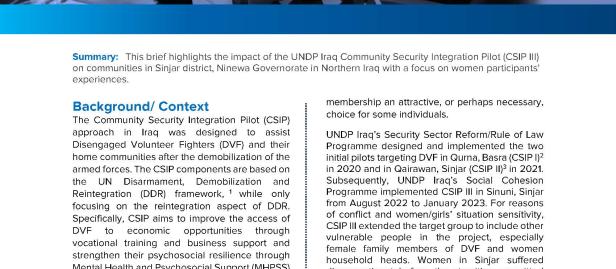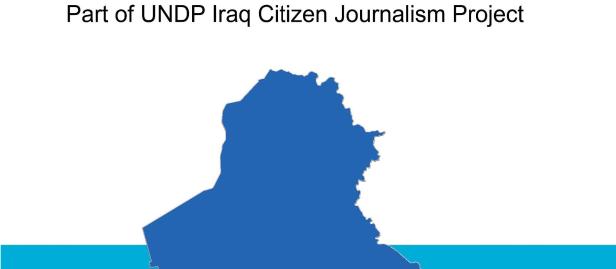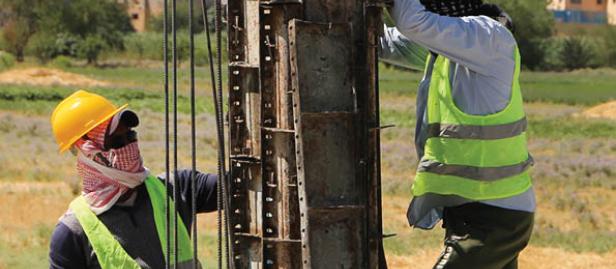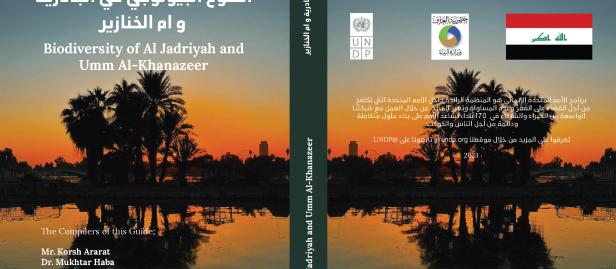Study: Niche Markets and Growth Sectors in Northern Iraq
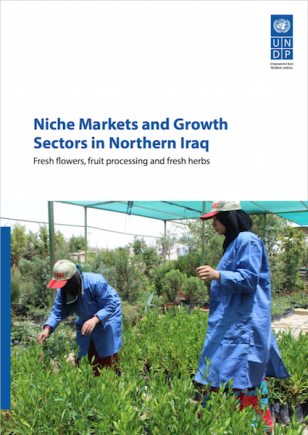
Study: Niche Markets and Growth Sectors in Northern Iraq
September 11, 2017
Iraq, and in particular northern Iraq, is rich in agricultural resources. Recent years, however, have seen an over-reliance on the oil sector to drive growth. In 2014, deteriorating security and conflict in Iraq, coupled with a dramatic fall in global oil prices, caused a severe economic recession in the country. The Government of Iraq and the Kurdistan Regional Government faced severe fiscal crises whilst millions of displaced Iraqis and Syrians depended on humanitarian support.
Through the Iraq Crisis Response and Resilience Programme (ICRRP), the United Nations Development Programme (UNDP) is assisting in both crisis response and economic recovery, and is seeking to promote development by building a resilience framework. With the security and economic crises affecting millions, livelihoods programmes can help to provide diverse and sustainable employment opportunities to promote economic growth. Agriculture programmes in particular have value-added opportunities to lead this growth. However, structural challenges remain an obstacle.
UNDP's ICRRP evaluated the performance and potential of promising niche markets to map the value chains, identify activities that can be established or expanded locally and, finally, inform further tailored livelihood interventions to be undertaken within the selected sectors by partners, the private sector, and government bodies. The analysis of niche markets provides valuable information in terms of the existing gaps, constraints and potential opportunities, including linking with existing initiatives and commercial interests. This will help to boost market performance either by establishing a new activity within the value chain that currently relies on imports, or by supporting and modernizing existing activities. This study has been made possible by the generous support of the Government of Japan.
Highlights
- Demand for fresh flowers, decorative plants and greening of urban areas has grown, especially in the Kurdistan Region of Iraq
- Products originating from fruit, such as juice, dried/dehydrated fruits, canned fruits and jams are popular
- The domestic fresh herb sector is small and fragmented, with the products mainly imported
- Regarding all three niche markets, production tends to be small-scale, relies on conventional methods, and can be modernized to vastly improve productivity
- All sectors offer employment potential for targeted populations: internally displaced people, refugees, host community members, youth and women

 Locations
Locations